A series of projects to explore the difficulties and benefits of linking health-service related data to the NILS.
The utility of the NILS data can be greatly extended by linkage to health-service related databases which offer a greater frequency of events that are likely to have more HPSS policy relevance. The proposed study aims to test the feasibility and difficulties of linking the NILS dataset to three HPSS-related datasets. The potential benefits of such linkages will be illustrated by undertaking three projects (i) a study of deliberate self-harmers; (ii) a study of the pharmaco-epidemiology of antidepressant usage in Northern Ireland, and (iii) an examination of variations in the uptake of breast and cervical cancer screening in Northern Ireland.






